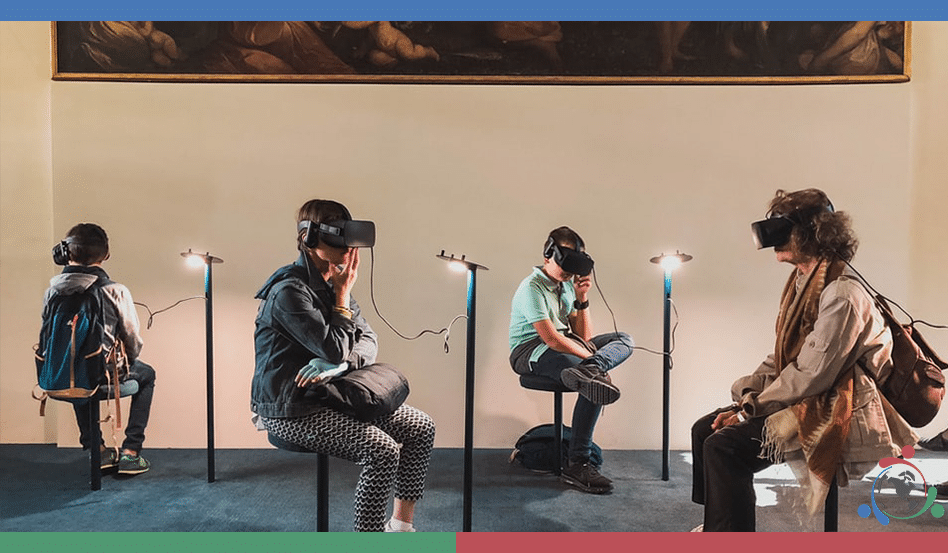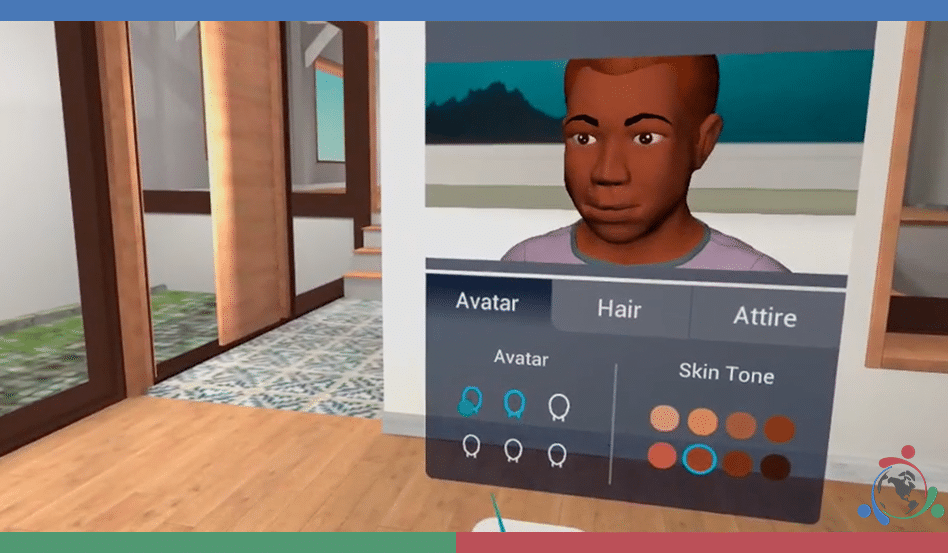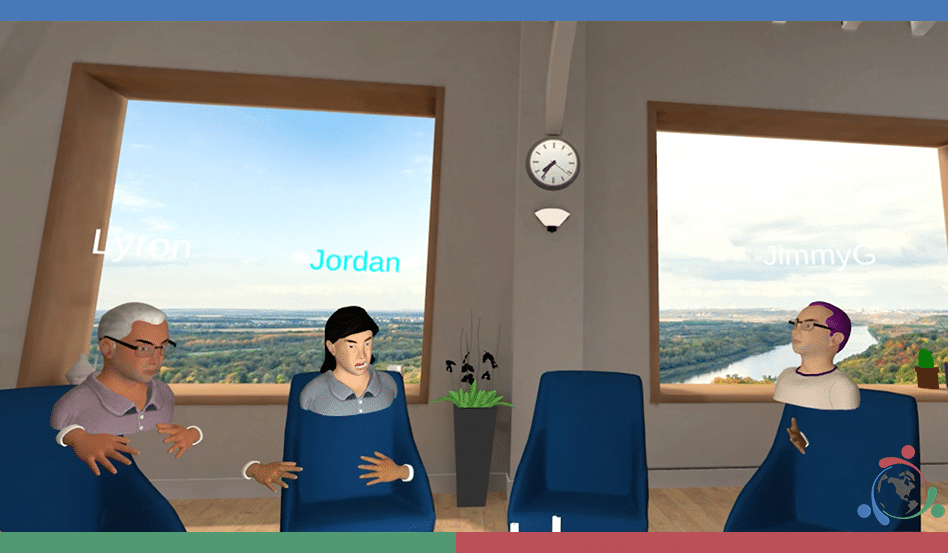
Here is another article highlighting Foretell Reality’s partnership with XRHealth to bring mediated, virtual reality support groups to those seeking human-like connection and comfort while remote.
Though timely with the outbreak of COVID-19, the goal of virtual reality support groups is to allow anyone with any condition to to meet in a group to share their experiences and treatments. This includes cancer patients at Yale School of Medicine who are also currently using Foretell.
Read more here: https://www.affinityvr.com/is-vr-a-solution-to-covid-19/














Recent Comments